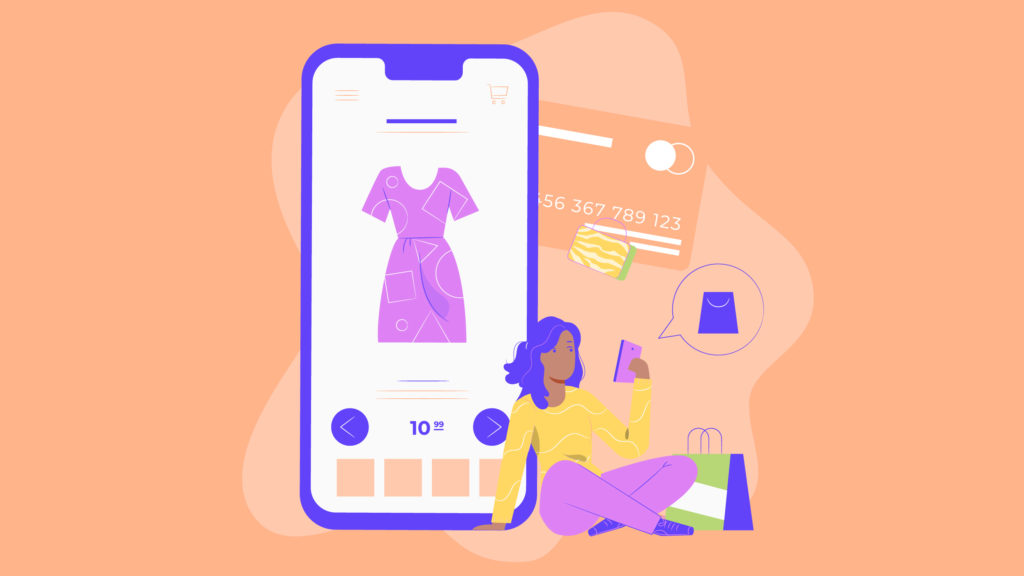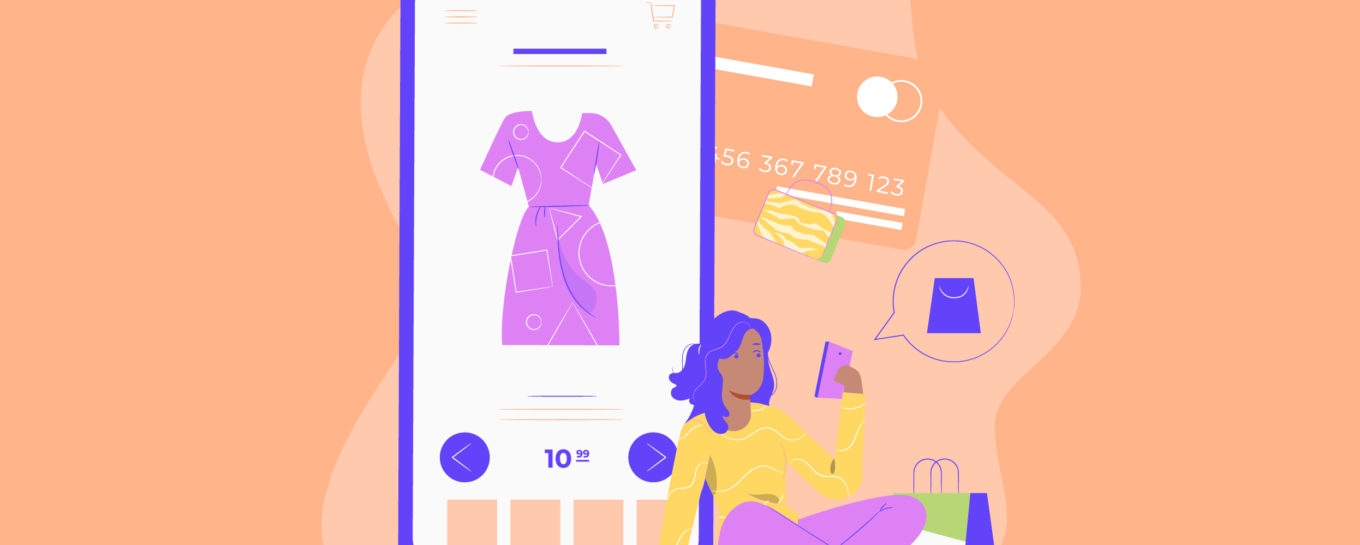[email-subscribers-form id=”2″]
Understanding and Avoiding Impulse Spending
Impulse spending can wreak havoc on your finances, leading to unnecessary debt and financial stress. Understanding and Avoiding Impulse Spending helps to avoid financial stress.
Here’s a comprehensive guide on impulse spending and how to avoid it.
What is Impulse Spending
Impulse spending refers to the spontaneous purchase of items without prior planning or consideration of the financial consequences. These purchases are often driven by emotions rather than necessity and can lead to significant financial strain over time.
Common Triggers of Impulse Spending
Understanding what triggers impulse spending can help you develop strategies to avoid it. Common triggers include:
Emotional Triggers
Feelings of stress, boredom, or sadness can lead to impulse buying to cope with emotions.
Sales and Promotions
Limited-time offers, discounts, and sales can create a sense of urgency, prompting unplanned purchases.
Credit Cards
The ease of using credit cards can make it easier to spend money you don’t have.
Social Influences
Peer pressure and the desire to keep up with friends or trends can lead to unnecessary purchases.
Advertising
Effective marketing strategies can create a perceived need for products you don’t require.
A study by the Department of Social Sciences and Philosophy, University of Jyva ̈skyla ̈, Finland in 2023 concluded that a positive attitude toward targeted advertisements and social media impulsiveness are linked to impulse buying and persuasion by social media and targeted advertisements act as primers for impulsive shopping in online environments.
Strategies to Avoid Impulse Spending
Avoiding impulse spending requires self-discipline and mindful spending habits. Here are some effective strategies to help you stay on track.
Create a Budget
A well-structured budget can help you manage your finances effectively. Allocate a specific amount for discretionary spending and stick to it. Tracking your expenses can help you identify areas where you tend to overspend and adjust accordingly.
Make a Shopping List
Before you go shopping, make a list of the items you need and stick to it. Avoid deviating from the list, even if you come across attractive offers or promotions.
Implement the 24-Hour Rule
If you find something you want to buy on impulse, wait for 24 hours before making the purchase. This cooling-off period can help you determine if the item is a necessity or just a passing desire.
Use Cash Instead of Credit Cards
Paying with cash can make you more aware of your spending. When you see the physical money leaving your hands, it can make you think twice about unnecessary purchases.
Avoid Shopping When Emotional
Try not to shop when you’re feeling stressed, bored, or upset. Emotional states can impair your judgment and lead to unplanned spending.
Unsubscribe from Marketing Emails
Reduce temptation by unsubscribing from marketing emails and avoiding websites or apps that promote impulse buying. This can help you stay focused on your financial goals.
Set Financial Goals
Having clear financial goals can provide motivation to avoid impulse spending. Whether it’s saving for a vacation, paying off debt, or building an emergency fund, goals can keep you focused on long-term benefits over short-term gratification.
Limit Social Media Exposure
Social media can often contribute to impulse spending through targeted ads and peer influence. Limit your exposure by reducing time spent on these platforms or unfollowing accounts that promote excessive spending.
Practice Mindfulness
Mindfulness can help you become more aware of your spending habits and triggers. Practice being present and consider the reasons behind your desire to make a purchase.
Reward Yourself Wisely
If you meet your financial goals, reward yourself in ways that don’t involve spending money. Consider free activities like a hike, a movie night at home, or spending time with loved ones.

Impulse spending can significantly impact your financial health, but with mindful practices and self-discipline, you can avoid unnecessary purchases.









